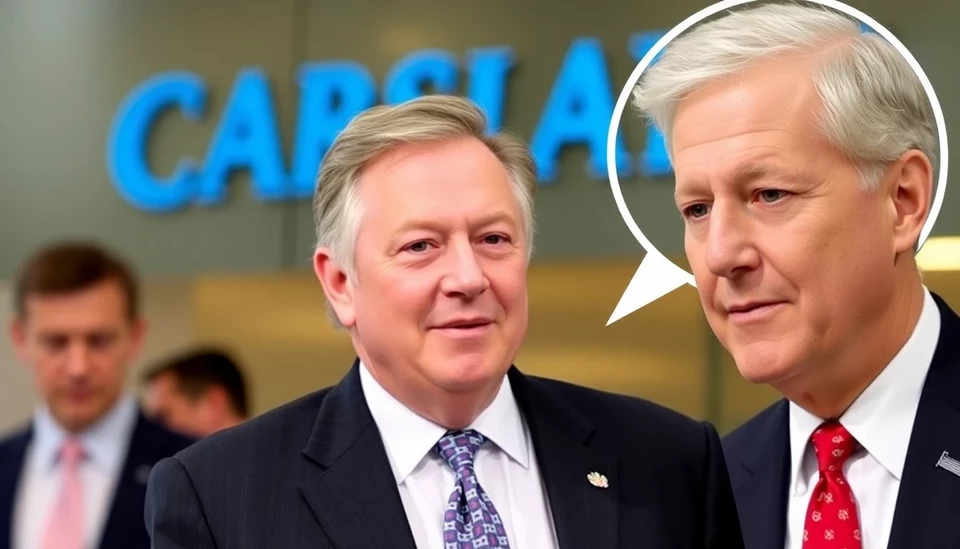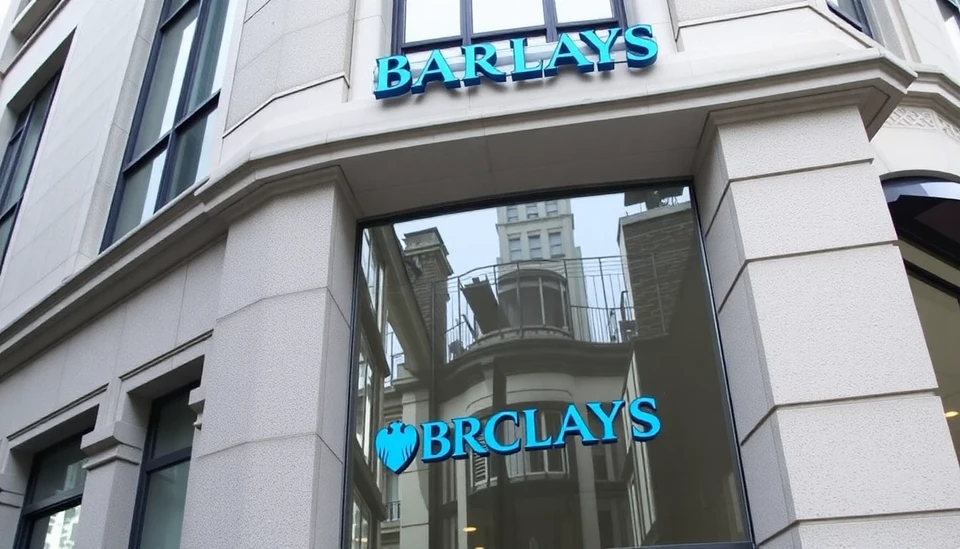
In an explosive revelation, Jes Staley, the former chief executive officer of Barclays Plc, has been implicated in a scandal that casts a long shadow over his tenure at the banking giant. Reports indicate that Staley bypassed official protocols to communicate with the late financier Jeffrey Epstein via email, raising serious questions about corporate governance and the ethical responsibilities of high-ranking executives.
Staley’s correspondence with Epstein came to light during an investigation into the bank’s ties to the deceased pedophile, who had previously been convicted for sex offenses. The findings disclose that Staley had a personal relationship with Epstein, and he allegedly utilized informal channels to maintain contact, circumventing the formal structure typically required for such interactions. This revelation not only jeopardizes Staley’s professional reputation but also complicates Barclays’ standing in the eyes of regulators and stakeholders.
The emails exchanged between Staley and Epstein reflect a more intricate relationship than that of a mere banking client and financier. They raise eyebrows about the nature of their interactions and hint at potential conflicts of interest that might have influenced Staley’s decision-making while at the helm of Barclays. The bank has expressed concerns and emphasized its commitment to uncovering the full extent of Staley’s communications with Epstein.
In light of these developments, Barclays is facing increased scrutiny from regulatory bodies, which are now compelled to investigate the nature of Staley’s engagements with Epstein. Observers are watching closely to see how this scandal will impact Barclays’ operations and its commitment to ethical banking practices moving forward.
Industry insiders have raised alarms regarding the implications for Barclays' governance and risk management. As the bank scrambles to respond to these revelations, the focus is not only on Staley’s actions but also on the broader culture within financial institutions regarding accountability and transparency.
This scandal adds another layer to the complexities surrounding Epstein’s extensive connections across various sectors, including finance. It serves as a grim reminder of the need for vigilance in corporate conduct, particularly in organizations where power dynamics can lead to ethical breaches.
As the investigation unfolds, stakeholders are keen to discern the ramifications that this scandal will entail for Barclays and its leadership. The financial world is bracing itself for the potential fallout, which could stretch beyond just reputational damage and lead to significant regulatory consequences.
For Jes Staley, the road ahead appears fraught with challenges, with mounting pressure from both public opinion and regulatory agencies. As more details emerge regarding the extent of his communications with Epstein, questions loom over the integrity of his leadership and the implications for Barclays' future.
In summary, the correspondence between Jes Staley and Jeffrey Epstein has triggered a significant ethical debate within the financial sector and reaffirmed the importance of maintaining ethical conduct and transparency in executive communications.
As this story develops, the financial community is left to ponder the ramifications of these revelations, not only for Barclays but for the overarching principles guiding corporate governance in an increasingly scrutinized environment.
#Barclays #JesStaley #JeffreyEpstein #CorporateGovernance #FinancialEthics #Scandal #BankingIndustry #RegulatoryScrutiny
Author: Victoria Adams




